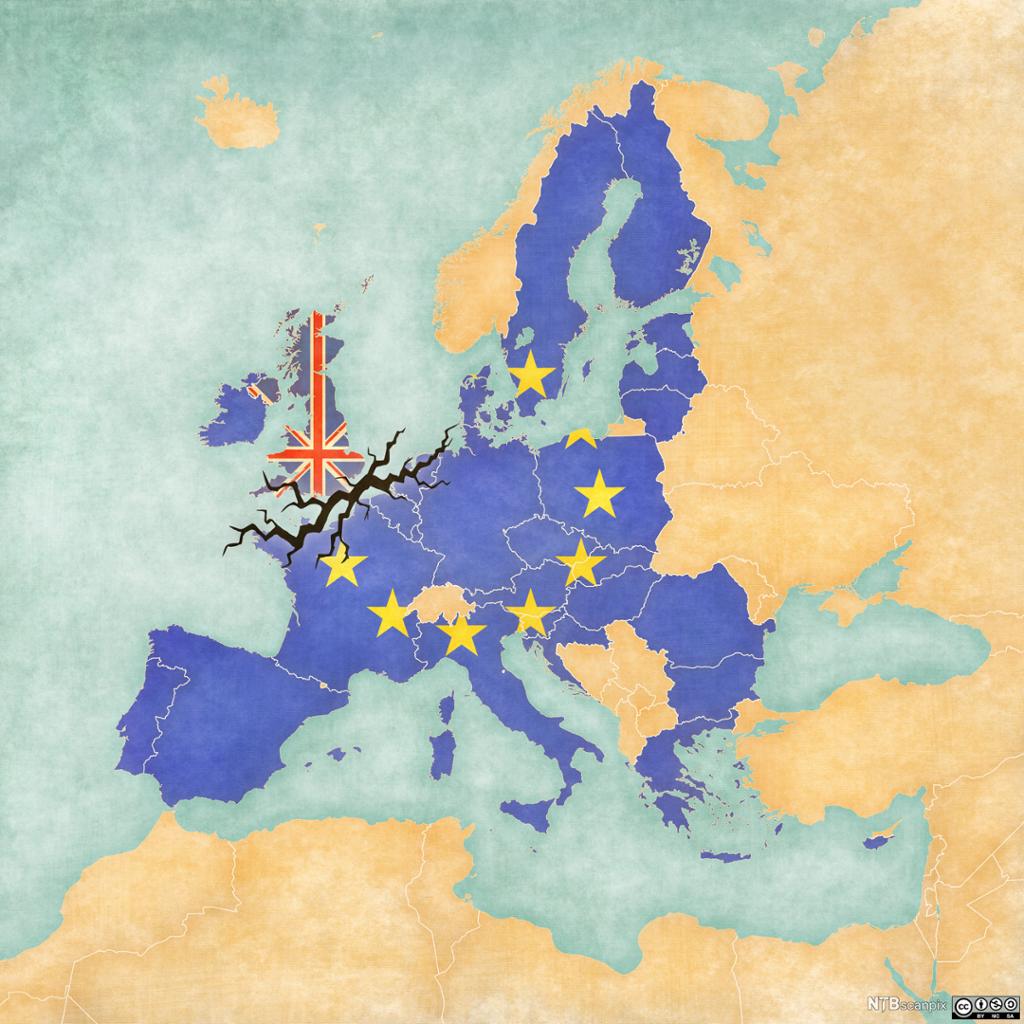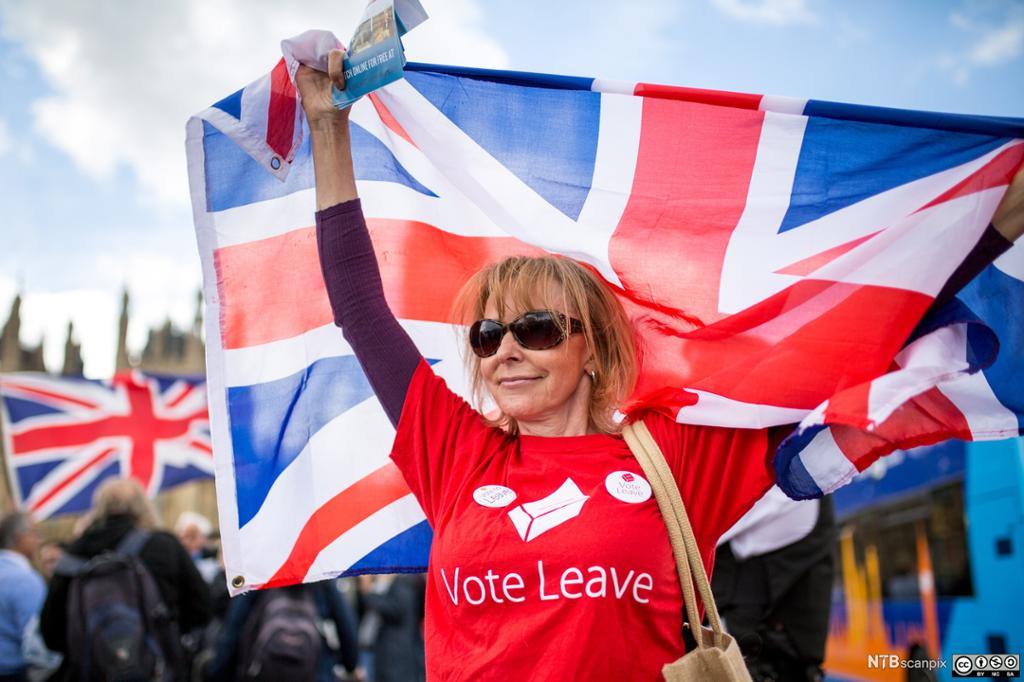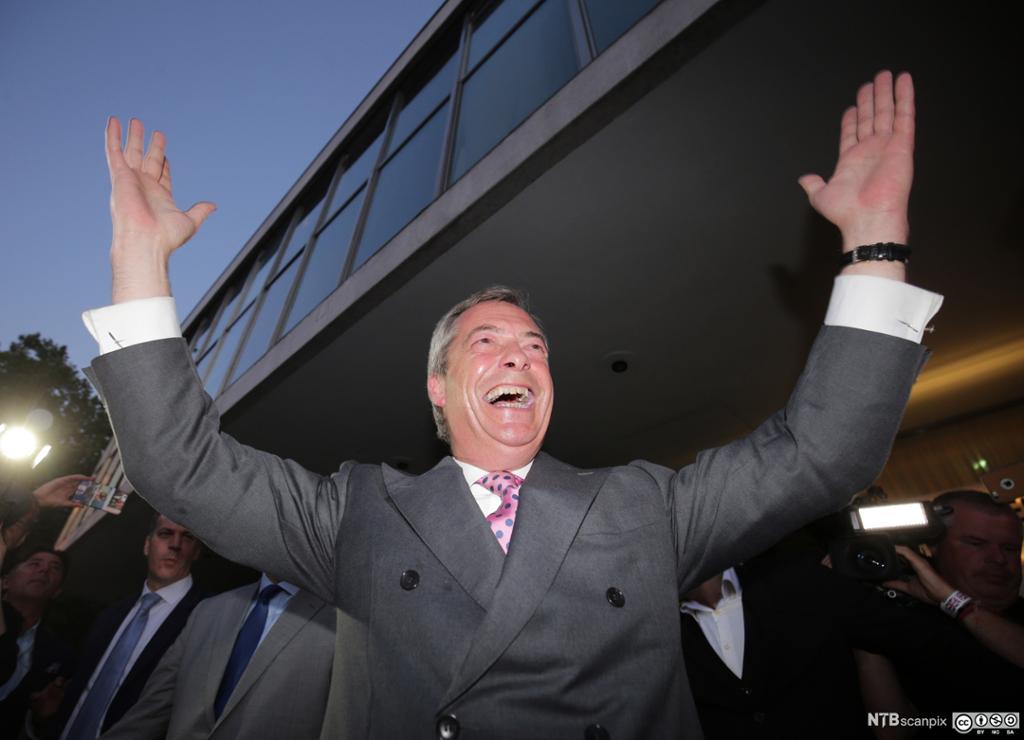
History of European relations
Great Britain has its own rich history independent of other European nations. It founded the empire upon which the sun never set, casting language, politics, culture and borders as far as the imagination could wander. To a great extent, British trade, literature and multiculturalism are prototypes for the rest of the world. Additionally, Great Britain has been separated by a thin but symbolically powerful sea channel, which separates them completely from the rest of the European continent. Nevertheless, it is close enough that Europe inevitably has a sharp impact on Great Britain.
One of the most important reasons for the creation of the European Union (EU) was to bind the European nations so closely together to reduce the risk of future war. It traces its origins back to the post Second World War period, first as the ECSC (The European Coal and Steel Community, established in 1951) and then the EEC (The European Economic Community, established in 1957). It seemed natural that the UK would join. However, British people have always been sceptical towards the EU in part because of their differences in history and culture, but also due to national pride: why would the greatest empire in world history join an organization which would have command over them? So initially, they did not join.
Then, in the 1960s, when it became apparent that the EEC (later the EU) was experiencing rapid economic growth, there was a general consensus amongst the British population to join. The UK finally joined the EEC in 1973. However, membership has been disputed and the idea of leaving the EU has always found a place in the ideals of proud Britons.
Causes for the referendum
Many claim that the Brexit (short for British exit) referendum stemmed from nationalist ideas of anti-immigration and the wish for autonomy over industry, agriculture and the economy. However, the sentiments found in the UK Brexit vote may be found the world over — a general frustration at globalisation, change, regulations and bureaucracy. Some believe that, since the start of British membership, the EEC/EU has been a threat to British culture and the union has often been made a scapegoat for various problems on the island. Consequently, when the British economy experienced a downturn, it was easy to blame the bureaucrats in Brussels. Why continue to belong to the Union when it is the cause of so many problems?

Immigration was one of the issues that people hoped a Brexit would change. Since the early 1990s, the majority of population growth has come from from immigration and a majority of immigrants have come from poorer EU nations. British people felt this new wave of immigration threatened their own job opportunities and saw the newcomers as burdens to social services who did not pay into the UK tax system or the EU system as much as themselves. This created a frustration for many working class people in Britain who have seen an increase in poverty over the last 30 years.
Economic factors were also a reason why many British people voted to leave. They hoped that leaving the EU would restore autonomy to the UK and that they could then decide for themselves how and with whom they would trade. The UK is a wealthy nation which abides by the rules and pays its dues, but many did not want to follow mandates which were created in Belgium. Moreover, many British people felt they contributed too much to the EU, whilst poorer member nations contributed less. The opinion of many was: why should the UK support the poorer nations or the poorer immigrants from those countries? These issues are what Britons who voted to leave the EU hope to see resolved after the divorce.
The complex divorce
Divorces are sticky. They involve compromise and Brexit is no exception. The referendum took place on 23rd June 2016 as the rest of world watched in breathless anticipation. Brexit passed, but barely: the results were 51.9% to 48.1%. Shortly thereafter, then Prime Minister David Cameron stepped down as he did not support Brexit and did not feel he could act on its behalf. Theresa May took over and acted as a moderate diplomat and mediator between many parties. Despite a large group who wanted a “hard” or immediate exit, May stood for a soft exit and the initial goal was to leave the EU within two years. Extensions have already been granted and a year and half later, the process of divorce has been decided, but drawn in very broad strokes. There are countless things to consider concerning aspects of culture, trade, politics and conflict. For example, England and Wales were the areas with the most “leave” votes, while Scotland and Northern Ireland voted overwhelmingly to stay. This opens up a political and cultural can of worms as the latter two countries have a long history of conflict with England and Ireland, respectively. These issues and many more will have to be resolved in a manner that is satisfactory for both the UK and the EU. But will these compromises fulfill the hopes of those who voted to leave? Will it confirm the worries of those who voted to stay?

Possible outcomes
In order to discuss the possible outcomes of Brexit one must first define what it is. It is essentially “only” to leave the EU. The referendum made no promises on what it will entail. Those who voted to leave hope to see a reduction in immigration and policies which will create a multicultural society in line with British values. They hope to see economic autonomy and to be able to stand separate from the rest of Europe. They hope that after Brexit jobs will return to the UK, as British industry will have to stay in Britain.
Those who voted to stay were worried that leaving the EU would immediately create economic havoc and a plummeting value for British export and currency. This did not happen and there is no sign at this point of the British economy nose-diving. However, opposers of Brexit identify a conundrum: since the majority of British trade is with the EU, they will be required to continue to follow many of the same regulations as before. Yes, now they can decide which ones they follow and how, but by leaving the EU, the UK will no longer have a say in what those regulations will be.
Additionally, many are worried about what could happen after Brexit. If the divorce does not reduce immigration, bring autonomy or more jobs, what will? What else will have to change to appease increasingly nationalistic attitudes? Brexit has spawned similar ideas in other European nations as a century of globalization has left many dissatisfied and they desire again a focus on their own nation. But mostly, it shows the world that the UK has a complex history with Europe and that it is still a powerful and independent force on the world stage.
For an update on the main events of 2018 - August 2019, go to this BBC resource from 29.08.19 Brexit: All you need to know about the UK leaving the UK
Discussion Questions:
- One country that will be interesting to follow is Scotland, which voted in 2014 on independence but voted to stay in the UK, in part to also stay in the EU. Now it is facing leaving the EU anyway. Why might Scotland want to remain in the EU? Do you think the Scottish may again consider leaving the UK?
- Northern Ireland also voted to stay in the EU and now that it will be leaving this raises the problem of its border with the Republic of Ireland. It has been a peaceful “soft” border since 1998, but before then the border was characterized by terrorism, religious conflict and a thick concrete wall during “The Troubles”. What is the current situation in Northern Ireland? What has been done to preserve the soft border in the divorce?
- 2017 saw two general elections in Europe where the idea of leaving the EU was a major platform and a popular idea: France’s Front National and the Netherlands’ Party for Freedom (PVV). At the same time, Donald Trump announced in his inauguration speech his plans to put “America first”. Discuss why so many people are turning away from a global view and more towards a populist national view.